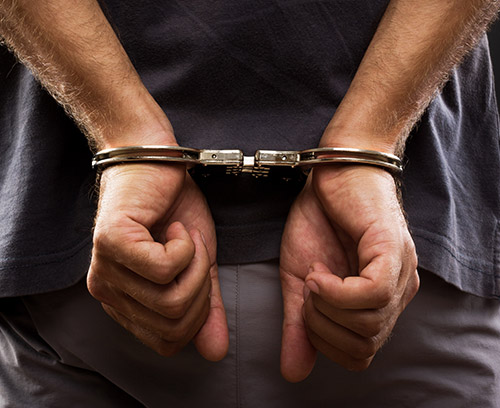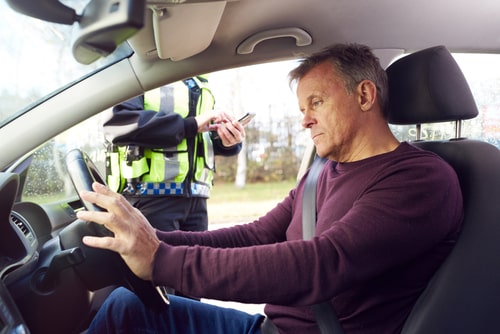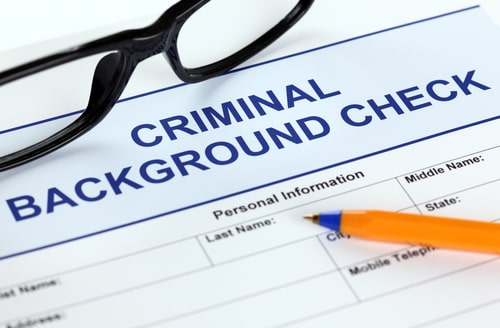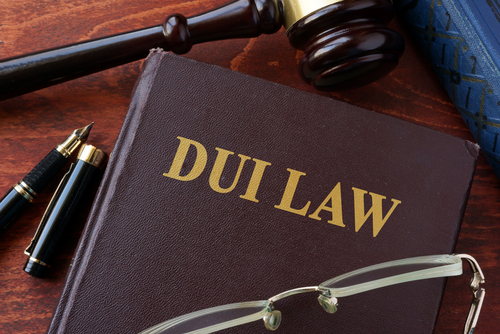If you’ve ever driven a car on a weekend or holiday period, then you might have come across a sobriety checkpoint. Thirty-seven states in the U.S. allow their law enforcement agencies to have a sobriety or DUI checkpoint, including Indiana. These checkpoints are aimed to help reduce the number of drunk drivers on the road and save the life of U.S. citizens.
A U.S. Supreme Court judgment in 1990 reinforced the legality of a DUI checkpoint. The court stated back then that the dangers posed by drunk drivers far outweigh the degree of intrusion of sobriety checkpoints. The Supreme Court arrived at this decision after it was argued that sobriety checkpoints infringe on one’s right against unreasonable searches and seizures.
So, since Indiana allows for sobriety checkpoints, what should you do to avoid getting into trouble with officers at the scene? This article looks at this, as well as when a sobriety checkpoint is legal. If you get arrested for driving under the influence in Indiana, a drunk driving defense lawyer at Rathburn Law can help you mitigate the fallout.
If you would like to know more information about the types of DUI field tests, view this page.
When Is a Sobriety Checkpoint Legal in Indiana?
A sobriety checkpoint is a location where law enforcement agencies create a temporary roadblock to check passing vehicles for impaired drivers. Each check doesn’t last longer than 30 seconds to two minutes. Law enforcement agencies set them up at random locations, and they never last longer than is necessary. The agency that set up the checkpoint must publicize it ahead of time.
You can find out the existence of a DUI checkpoint by carrying out an internet search. Once the law enforcement agency has done the above, they would have carried out the first step in making the checkpoint legal. The others are what the law requires. Hence, for a sobriety checkpoint to be entirely legal, the law enforcement agency must:
- Set up the checkpoint at a location where it is needed.
- Carry out the stops in a neutral and predictable manner.
- Take adequate safety measures where the officers and their vehicles are identifiable. The officers should also use bright lights and signals and clearly state whether the checkpoint is for a DUI or license.
- Not detain a driver for so long, ask only relevant questions, and the entire process must have a minimal intrusion.
- Have publicized the checkpoint, and it must be in the interest of public safety.
If the checkpoint doesn’t meet these criteria, it would be deemed illegal, and so would any arrest made at the location. Furthermore, in determining the intrusion level at a sobriety checkpoint, the court looks beyond the length to whether the roadblock was avoidable. This is because you are not required to drive through a checkpoint.
You can change your route by taking the detour sign provided before the checkpoint. Also, you are not in custody while at the checkpoint until the officers in charge unambiguously state otherwise. So, what do you do if you decide to drive through a sobriety checkpoint? Let’s find out.
An Indiana DUI Lawyer Explains What To Do at a Sobriety Checkpoint
At a sobriety checkpoint, expect the officers in charge to ask you questions on your name, age, date of birth, and address. They may also request your driver’s license and vehicle registration. However, you are not obligated to answer the officers’ questions, submit to a field sobriety test, or allow the police to search your car.
In addition, you can take these steps to protect yourself and ensure you don’t end up on the wrong side of the law.
Proceed With Caution:
Once you realize there’s a checkpoint, and it’s too late to turn back, slow down and follow the officer’s instructions. Speeding through a checkpoint will result in a chase that might not end well.
Stick With the Basics:
Once the officer gets to your window, be respectful if you choose to answer their questions. Stick with the basics and don’t volunteer additional information outside their line of questioning.
Watch What You Say:
When at a sobriety checkpoint is the time to remember anything you say or do can and will be used against you in court. Thus, don’t volunteer information on how much you had to drink. Again, you can keep quiet and politely decline to answer questions.
Don’t Resist Arrest:
Don’t resist arrest if the officers believe they have enough reason to take you into custody. Instead, remain calm and contact your Indiana DUI attorney.
Contact Experienced Indianapolis DUI Lawyers Today!
At Rathburn Law Office P.C., our Indiana DUI lawyers have the knowledge and experience to either get you off a DUI charge or a reduced sentence. We will also ensure we protect your rights. Call us today for a free case evaluation.








